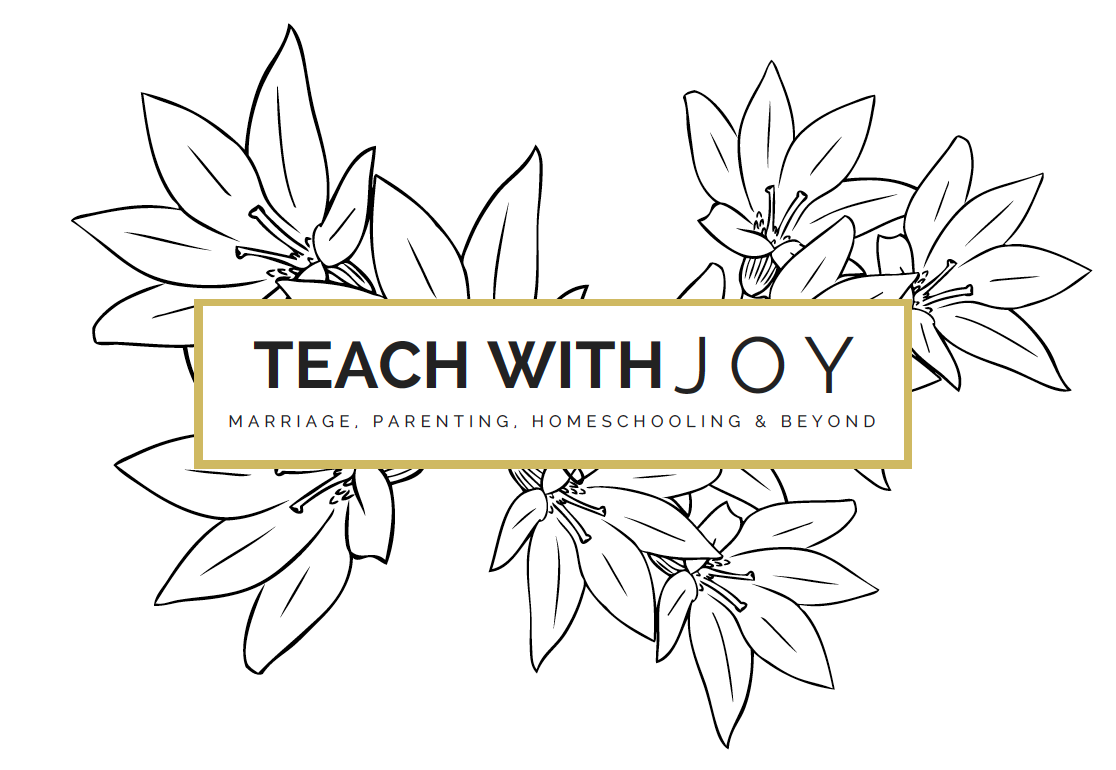The theme of this week’s entries is starting to revolve around R-E-S-P-E-C-T. It’s such an important aspect of relating to one another in the family that I have to add this next entry about Edric and Elijah.
Elijah, at fifteen, is a very informed and capable young man. I know this also emboldens him to vocalize his opinions. Sometimes these instances of him “sharing his mind” can come across as disrespectful although I know he doesn’t intend to be. He’s very similar to Edric in the sense that he says things like they are, without much consideration for his tone. (Edric has changed over the years and become more conscious of the way he gives his point of view.)
While there may not be malice behind Elijah’s words, he can sound like he’s challenging our authority, which Edric doesn’t appreciate. In fact, it annoys him. Since they are both forces to contend with, they start getting into discussions and debates about who is right.
For instance, a few days ago, Edric presented the idea of taking the boys hunting. He thought it would be a man-bonding experience they could share, after having a conversation with our South African friend about how fun it is to hunt wild buck. Well, our boys weren’t too excited about killing animals. And Elijah quickly responded with something like this: “I don’t even know if hunting is ethical or if we should condone the killing of animals.”
It wasn’t so much what he said but the way he did. He had put down Edric’s idea without even appreciating the proposal for its intent — to do something together as guys. Well, Edric then retaliated with challenging the use of the word “ethical” explaining that it was more apt in the context of business, law, government, etc. Elijah didn’t agree and started to defend his position. So they went back and forth for a while. There was no shouting, but there certainly was tension between them.
We had to move on to another activity leaving no closure on the matter. But afterwards, Edric and I did get to chat about the incident, and he shared with me how he struggled with Elijah’s assertiveness and bull-headedness. I suppose the irony for me in all of this was that Edric had spawned a son who was just like himself, and he probably wasn’t sure how to deal with someone who mirrored his personality so closely! We laughed about it together.
However, Edric did humble himself and acknowledge that Elijah needed his own space to be a man, to feel like his perspectives were validated and recognized. On the one hand it was important to communicate to Elijah that he had to be respectful, which Elijah received very well. On the other hand, Edric wanted to make sure that Elijah didn’t feel like his manhood was being squashed or disrespected. He didn’t want Elijah to develop resentment, or to think that being a man was about trying to win every discussion or being a bully. After a heart to heart conversation the two of them came to an understanding. They forgave one another.
1 Peter 2:17 says, “Respect everyone, and love the family of believers. Fear God, and respect the king.” This includes our children.
When I was younger my mom didn’t leaf through my journals even if she had every right to as my mother. She wanted to respect my privacy. Looking back it probably wouldn’t have bothered me too much if she took the liberty to read them, but it was very respectful of her not to.
The Miriam Dictionary defines respect as “an act of giving particular attention: consideration, or a high or special regard: esteem.”
As parents we may feel like it’s our right to lord it over our kids because we are their earthly authority. While it is necessary to teach them obedience and respect, it’s also necessary to treat them with deference, with loving consideration and regard.
Do we appreciate how God designed their unique personalities?
Do we acknowledge what’s important to them, what they value?
Do we speak kindly to them and watch our tone when we are instructing them?
Do we celebrate God’s design for them as a man, as a woman, as persons created in His image?
Are we humble and gracious when correcting their mistakes or sins, knowing that we too are recipients of God’s grace?
Do we seek to build up their sense of self-worth, security, and God-confidence?
God’s Word very clearly tells children to honor their parents (Ephesians 6:1), but we can also model to them what honoring and respecting means.



